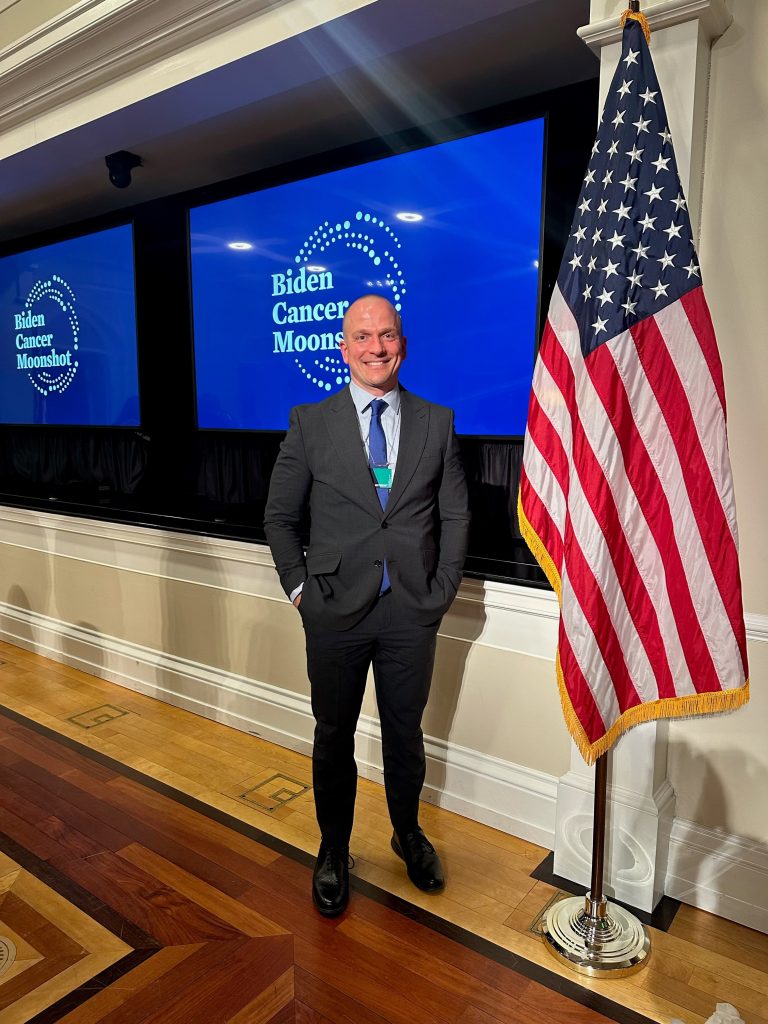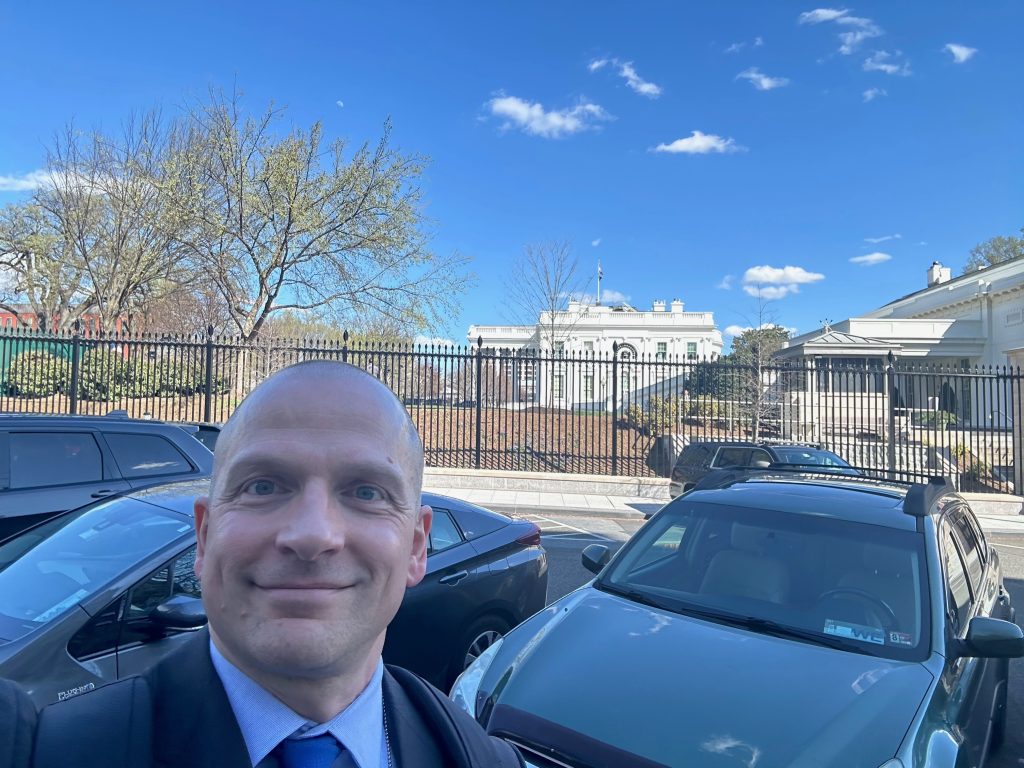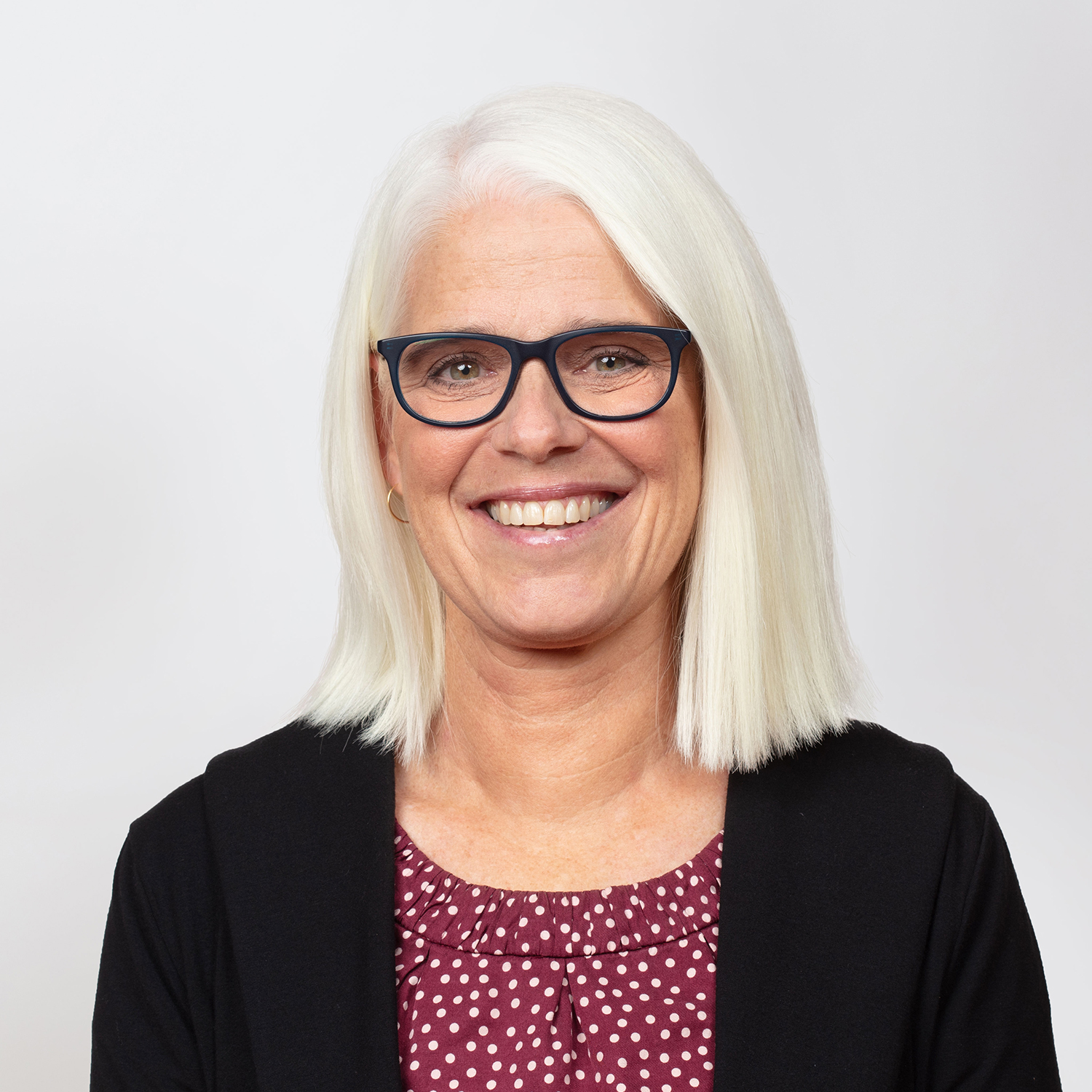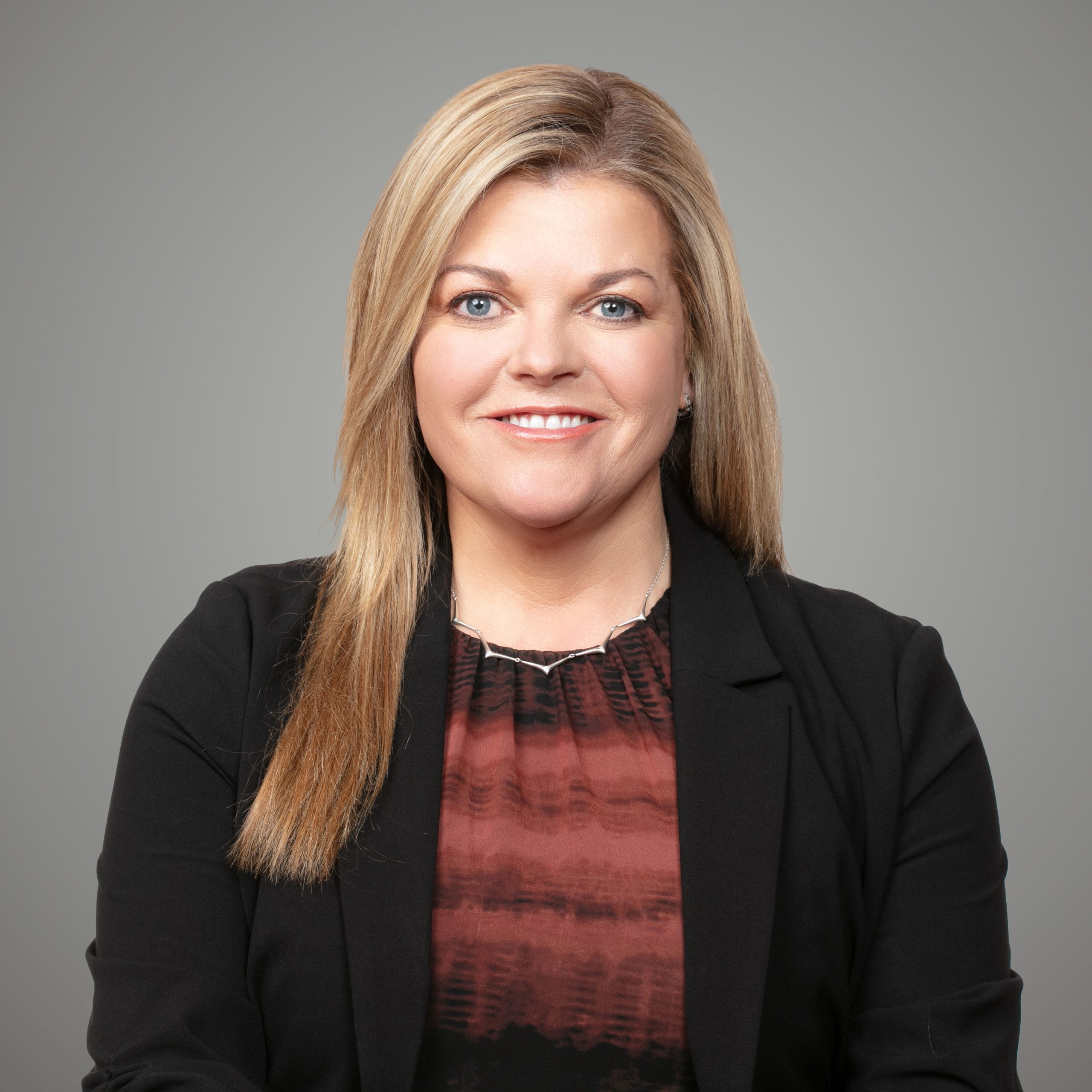For our chief medical officer, a White House invitation to join the fight against cancer
March 21, 2024 On March 18, our Chief Medical Officer Dr. Mark Steffen was a guest at the White House to take part in a conversation on the importance of employer-enabled cancer screenings.
On March 18, our Chief Medical Officer Dr. Mark Steffen was a guest at the White House to take part in a conversation on the importance of employer-enabled cancer screenings.
The meeting took place days after Blue Cross and Blue Shield of Minnesota pledged to support the Biden Cancer Moonshot, a White House initiative to mobilize public-private partnerships that can end cancer as we know it. Blue Cross was among seven insurers from across the country that publicly committed to the Cancer Moonshot goal of expanding access to care and treatment navigation services.
Dr. Steffen was joined by co-panelist Monica Ward, the global benefits and health equity leader at United Airlines. Together, they engaged a diverse group of employers, health plan benefit managers, experts and advocates to discuss insights and best practices for making cancer screenings more accessible for all workers.
Cancer is the second leading cause of death in the US and among the top drivers of employer health care costs. Prevention and screening initiatives are proven methods for increasing early detection of cancers, improving health outcomes and lowering medical costs.
Dr. Steffen highlighted the two key areas he believes are critical to increasing cancer screenings: closing knowledge gaps and removing barriers.
For common preventative screenings like colonoscopies and mammograms, Dr. Steffen emphasizes how reminders for when services are due and coverage for such services are important initial steps in getting people to act – but the real challenge is identifying and addressing the many psychological, emotional and logistical obstacles that can prevent people from scheduling cancer screenings.
“We talked a lot about the practical barriers that are common in every workplace, like scheduling time off, having reliable transportation and childcare, as well as finding the right provider,” Dr. Steffen explained. “Those challenges can look different based on where your employees live and work. Distance and access challenges are not the same in metropolitan centers as they are in rural areas. Most national employers have people located in every kind of geographic area, so these considerations are very real.”
“At the same time, even when people know they should get screened, they can become apprehensive about taking that next step,” continued Dr. Steffen. “They may not place a lot of trust in the healthcare system. Psychologically, some may want to know if they have cancer. It’s just too overwhelming. The good news many of these large employers have already been thinking about ways to identify and support the most vulnerable and at-risk populations within their workforce.”
 The conversation turned to how employers can focus on initiatives that are customized for their workforce to increase their cancer screenings and the importance of using data to identify those groups that may face the most barriers. Dr. Steffen also highlighted how technology can be an effective tool in increasing participation rates.
The conversation turned to how employers can focus on initiatives that are customized for their workforce to increase their cancer screenings and the importance of using data to identify those groups that may face the most barriers. Dr. Steffen also highlighted how technology can be an effective tool in increasing participation rates.
Current data from Blue Cross and Blue Shield of Minnesota indicate that members who are registered with Blue Care Advisor– mobile app and desktop platform that connects members to their benefits and available programs through self-service tools– are twice as likely to complete a preventative exam. The ability of Blue Care Advisor to guide people into taking the next best action for their health has resulted in significant increases across multiple cancer-related preventative screenings.
At the end of his White House visit, Dr. Steffen reflected on how motivating and inspiring it was to take part in something that rallies people and organizations around a common cause.
“Cancer does not discriminate and affects nearly every person, either directly or indirectly, at some point in their lives,” he added. “These types of conversations can bridge divides and help us focus on what is possible together, when everyone is united in the goal of ending cancer as we know it.”




Cannot agree more with Dr. Steffen that, while access to quality healthcare and removal of barriers are key, Social Determinants like transportation, child care and time off from work are equally important areas for addressing gaps. Dr. Steffen's comments that education to address psychological barriers and leveraging technology for access gap are spot on.
Thank you Dr. Mark Steffen for your leadership and advocacy in finding better ways and paving ways for everyone to achieve their healthiest life !